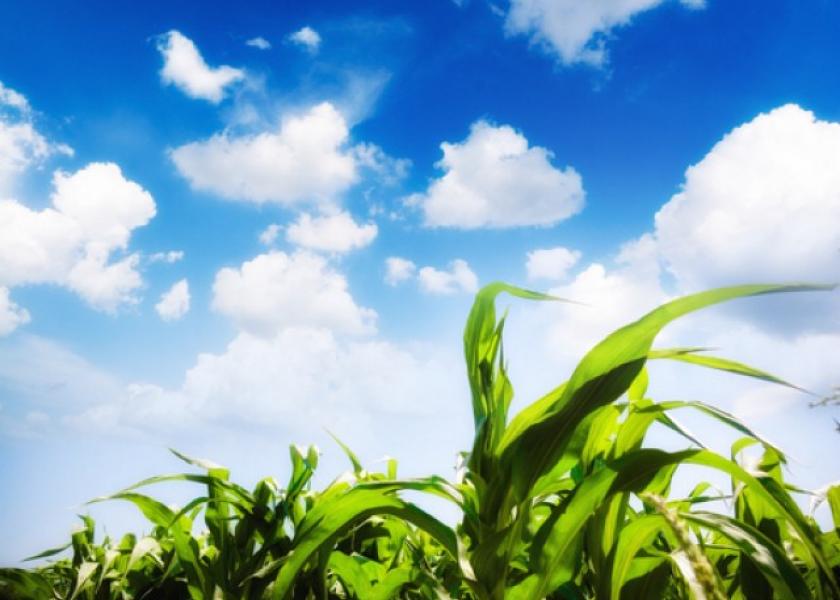Mighty Earth Attacks Crop Farmers to Advance Anti-Meat Agenda

A report last week from Mighty Earth, a campaign of the Center for International Policy, took a break from criticizing farmers and ranchers that raise livestock for meat, and instead turned their attention to the meat companies and feed suppliers (ie. crop farmers), asking them to provide “pollution-free” feed.
In “Mystery Meat II: The Industry Behind the Quiet Destruction of the American Heartland,” Mighty Earth says “Demand for feed crops is driving widespread water contamination across the country, destroying America’s last native prairies, and releasing potent greenhouse gases.” The report claims excess fertilizer and manure washes off fields, contaminating local drinking water and creating algae blooms that cause Dead Zones in the Gulf of Mexico.
While the agricultural industry does have an impact on these issues (see here and here), the report does little to quantify agriculture’s contribution to the problem versus other industries.
The article calls out Tyson Foods, charging “America’s largest meat company” is in the “regions suffering the worst environmental impacts from industrial meat and feed production—from grassland clearing in Nebraska, Iowa, and Kansas, to manure and fertilizer pollution pouring into waterways from the Heartland down to the Gulf states.”
In a written statement to Farm Journal Media, Tyson responded “We share this group’s concern about the environment but disagree with its misleading characterization of our company. Tyson Foods is not in the business of raising the crops and we own very few livestock farms. Instead, we depend on thousands of independent farmers to raise our chickens or sell us their cattle or hogs. We work closely with our partners from farm-to-fork to identify and deploy new technologies designed to better protect the environment, our workforce, and the communities we serve.”
In an article by the Des Moines Register, Mark Peterson, a farmer near Stanton who has reviewed the report, said it may be impossible to produce "pollution-free feed." … But farmers can adopt conservation practices — such as no-till or conservation tillage, cover crops, buffers and grass waterways — that reduce nutrient losses.
The negative characterizations of the agriculture industry in the report is a long list. However, it failed to include the fact that crop and livestock production is regulated and monitored by USDA’s Food and Drug Administration or the Environmental Protection Agency. Nor did it mention that many farmers and ranchers participate in quality assurance programs to document animal health and environmentally friendly practices. Tyson discloses its environmental efforts on its website.
Livestock feed is just one use of grain products grown in the U.S. In this chart from USDA, shows the growing market for biofuels, as well as consumer food and industrial uses. Source: USDA







